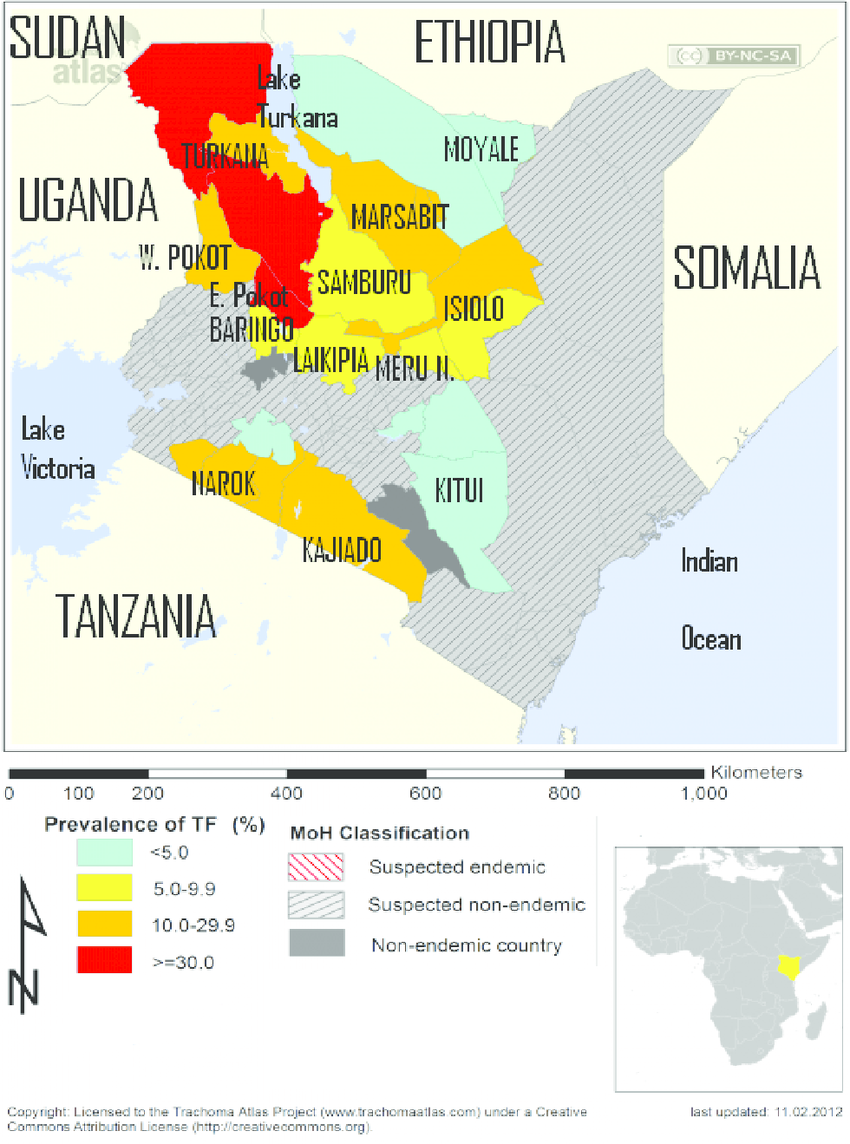
Loved & Cherished
Doulas Outreach Africa
Doulas Outreach Africa is a nonprofit organization dedicated to transforming lives, reducing the negative health impacts on marginalized mothers by collaborating with local traditional birth attendants.
Founded in 2017
About Doulas Outreach Africa
Founded in 2017
by Carolyn Kaya Dzambic
Doulas Outreach Africa is a non profit organization 501(c)(3) founded in 2017 by Carolyn Kaya Dzambic, a native of Kenya. She is a postpartum doula and newborn care specialist residing in the Bay Area, California. Kaya’s first hand experiences with the inadequacies of young infant care comes from visiting Northern Kenya with her son for vacation in 2014. Her family adopted two a lovely babies- girl and girl from The Happy Life Children’s Orphanage Home in Nairobi in 2016 .This led to the creation of the non-profit 501(c)(3) registered in Palo Alto, California with continued support from BAND https://bayareanightdoulas.com
About Our Mission
Doulas Outreach Africa is a voluntary organization of doulas, midwives and doctors located in northern California and the Bay Area. Doulas are trained professionally in areas of pregnancy, childbirth and postpartum care along with providing new mothers with emotional and physical support. Doulas Outreach Africa has been primarily focusing on the Pokot Region of Northern Kenya. This region has high maternal and neonatal mortality rates, and bare healthcare accessibility.
The Pokot region of Kenya is home to the tribe called the Kalenjins and Pokots. They are pastoralists and some also practice agriculture. The pastoralists move from place to place in search for pasture for their livestock which is mostly goats and cows. As men and young boys move with their animals, women and children are left behind to take care of the homes. Pokot is characterized by hot climate throughout the year with temperatures of as high as 104F. Agriculture has not been a practice in this region until recently when missionaries started interventions to transform lives and change mindsets to look beyond livestock to growing crops as well. This is picking up albeit slowly but making big impacts in families as men restraint themselves from cattle rustling.
The Pokot Region
In this region, the culture of marrying off young girls is common practice. Girls are given to their suitors in exchange for animals from as young as 12 years. Given that animals are considered wealth, having young girls in the family is translated to money.
The girls get pregnant soon after they are married and the consequences are dire for her health. Issues of fistula, low birth weight, and maternal/neonatal mortality are expected to be high.
Data from health care facilities indicate no reports of maternal or neonatal deaths which means cases are not reported, and most deliveries happen in the home.
Why We Focus on the Pokot Region
-
1. No access to care
Low or no access to birth and postpartum care as a result of poor access to health care facilities, inadequate health care workers, or underage mother support.
-
2. Patriarch community
The Pokot tribe are a patriarch community which means that the head of the home, usually the man, makes all the decisions. As a result, women may have little or no say about seeking antenatal and post-natal care.
-
3. No follow-ups
Untrained midwives help deliver children but may not adequately follow up on the progress of young mothers and their babies. One unfortunate consequence of this gap in Pokot region is basic postpartum care where infectious disease for issues that are as simple as adequate umbilical cord cleaning- which can be fatal if not treated properly.
-
4. Complicated treatment
Mothers with fistula (especially the young ones) do not seek treatment from health care facilities. Complicated health issues are handed by inadequately trained Traditional Birth Attendants.
-
5. Poor transportation
The mode of transport is motor bikes on rough roads. The decision to take the mother to hospital is usually made by the husband, who also control the family funds.
-
6. Inefficient infrastructure
The infrastructure in Pokot region has yet to be developed, which means that people have to travel long distances to health facilities by road. Expectant mothers are forced to plan their deliveries weeks in advance, having to walk extremely long distances by foot to the nearest clinic.
How We Help
Girls are valuable and wedded at a very young age (sometimes just 10 years old) as trade for livestock. This leads to children giving birth to children and extremely high child / maternal mortality rates. DOA seeks to collaborate with traditional birth practices to reduce the rates of child and maternal mortality in the following ways:
-
Educating Traditional Birth Attendants on birthing and postpartum challenges
Educating young mothers on promoting breastfeeding and infant care
-
Improving access to water
Improving access to important critical infant and birthing equipment / supplies
Improving the means of transport to remote health care facilities
Providing young mothers with basic necessities to carry and feed their infants during weaning
Basic necessities to carry and feed babies
-
Advocating funding for the use of mobile clinics to help reduce remote access for emergency care
Advocating with local outreach workers for additional and better equipped health care facilities
-
Collaborating closely with the local government to ensure that staff at the health facilities are also trained on care of low birth weight babies, premature babies and care of the mother as well.
Our Team
Donate Today
We’re currently accepting physical donations as well.
Emergency Child Birth Kit
Surgical Gloves, absorbable sutures
Pain meds -Ibuprofen
BP Manual Machines
Infant Motrin /Ibuprofen
Disposable under-pads 23x36 (50 courts-Amazon)
Medpride Sterile Non-Adherent Pads
Globe Triple Anti-Biotic Cream (4 in a pack -Amazon
Antibacterial and Water wipes
Postpartaum underwear
Postpartaum pads -Xl McKesson
Newborn Clothing 0-13 months
Babies Feeding Essential
Baby wearing Kanga ( $4 each in Kenya )
Newborn Diapers/ receiving blanket
Email us at info@doulasoutreachafrica.org to schedule a pick-up.














